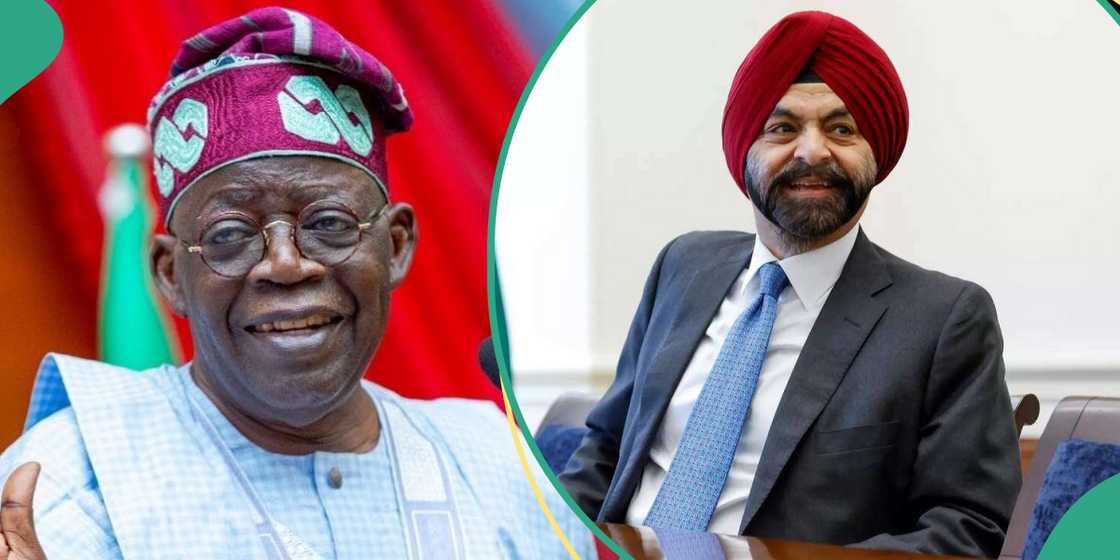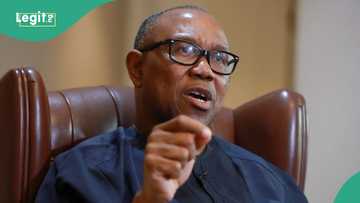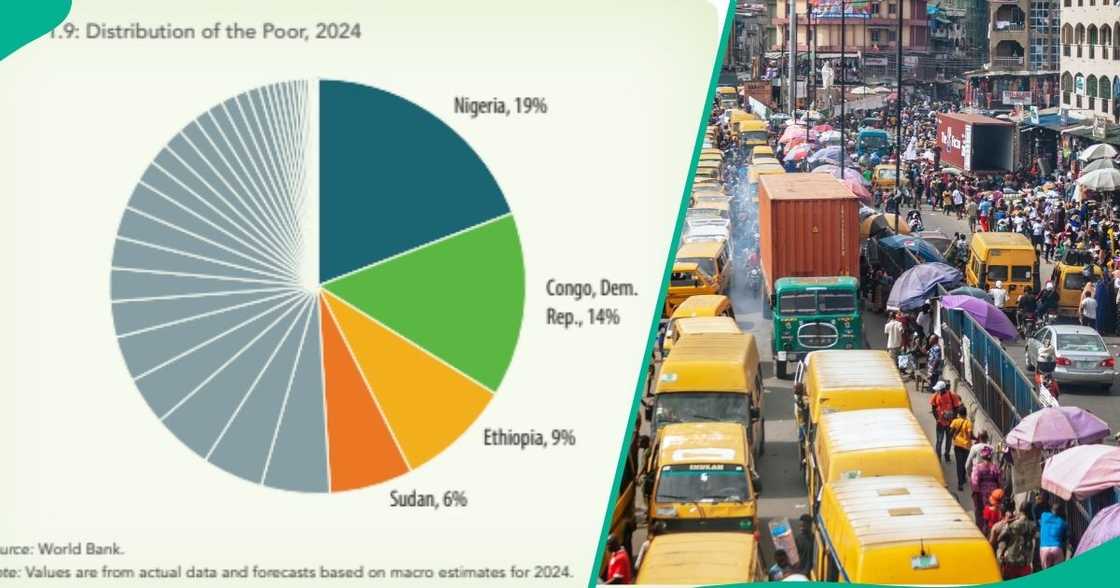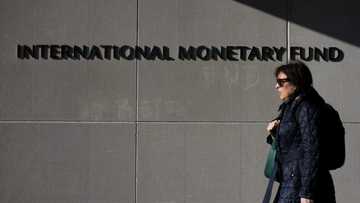World Bank Gives Reasons Nigerians Will Be Poorer by 2027
- The World Bank, in its latest Africa’s Pulse report, has projected that Nigerians will be poorer in 2 years
- The global institution cited various issues, which include economic fragility, oil dependence, and weak governance
- The World Bank has called for reforms on inclusive growth and stronger public financial management
Legit.ng journalist Dave Ibemere has over a decade of business journalism experience with in-depth knowledge of the Nigerian economy, stocks, and general market trends
The World Bank has forecasted a significant rise in poverty levels in Nigeria by 3.6% points by 2027.
The Bretton Institution disclosed this in its latest Africa's Pulse report during the IMF and World Bank Spring Meetings held in Washington, DC.

Source: UGC
The World Bank attributed the rising poverty in Nigeria to weakening oil prices and governance vulnerabilities, emphasising a pattern where resource-rich but fragile or conflict-prone countries consistently exhibit higher poverty rates compared to more stable counterparts.

Read also
“Why Nigeria has more poor people than China, Indonesia, Vietnam combined,” Peter Obi speaks
World Bank stated in the report:
“Poverty in resource-rich, fragile countries, including large economies like Nigeria and the Democratic Republic of Congo, is projected to increase by 3.6 percentage points between 2022 and 2027."
World Bank warns Nigeria
World Bank also noted that despite recent growth in Nigeria's non-oil sector during the final quarter of 2024, it is unlikely to translate into widespread poverty alleviation, citing persistent fiscal and institutional obstacles, Punch reports.
According to the report, Sub-Saharan Africa remains the world's poorest region, hosting a staggering 80% of the global population living in extreme poverty as of 2024.
Nigeria, along with the Democratic Republic of Congo, is projected to see a notable increase in poverty rates, reflecting broader challenges in resource-rich yet fragile economies.
The report noted that while half of the 560 million extremely poor people in Sub-Saharan Africa are concentrated in just four countries, including Nigeria.

Source: Facebook
In stark contrast, the World Bank report stated that other regions, such as South Asia and East Asia, show lower proportions of extreme poverty despite having larger populations.
South Asia accounted for 8% of the world’s extremely poor population, East Asia and the Pacific 2%, the Middle East and North Africa 5%, and Latin America and the Caribbean 3%.
World Bank advises Nigeria on fixing poverty
To address Nigeria's worsening poverty trend, the World Bank recommended comprehensive reforms focused on inclusive economic growth and prudent public financial management.
It urged the Nigerian government to prioritise fiscal reforms aimed at fostering a stronger economic foundation and enhancing citizen engagement to achieve sustainable poverty alleviation.
Andrew Dabalen, World Bank Chief Economist for the Africa Region, said:
“There is a growing gap between people’s aspirations for good jobs and functioning public services and often sub-optimal markets and institutions.
"Urgent reforms, backed by more competition, transparency and accountability, will be key to attract private investments, increase public revenue, and create more economic opportunity for millions of Africans entering the workforce each year.”
Only 5% of Nigerians earn above N500k monthly
Ealier, Legit.ng reported that a new survey has revealed that inflation continues to shrink the purchasing power of Nigerians.
According to the Nigerian Consumer Outlook Report 2025 by the SEID, only about 5% of Nigerians have a monthly income of N500,000 or above.
This figure includes about 0.4% that earn above N1 million naira, and 4.9% that earn above N500,000 monthly.
The survey reveals that this group of individuals are mostly entrepreneurs, high-level professionals, and Nigerian residents who earn in foreign currency.
PAY ATTENTION: Сheck out news that is picked exactly for YOU ➡️ find the “Recommended for you” block on the home page and enjoy!
Source: Legit.ng




